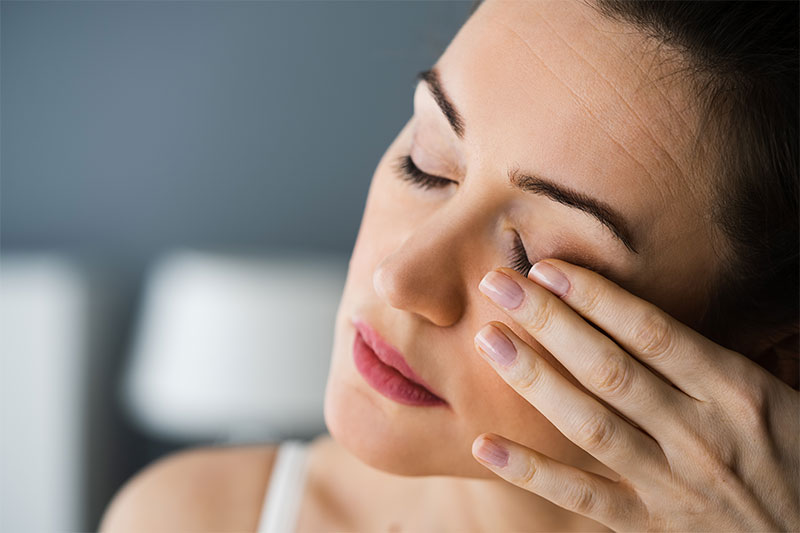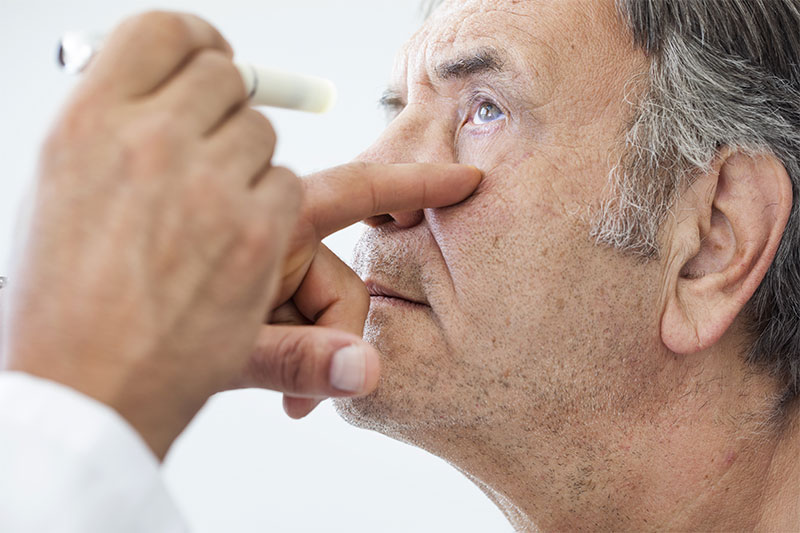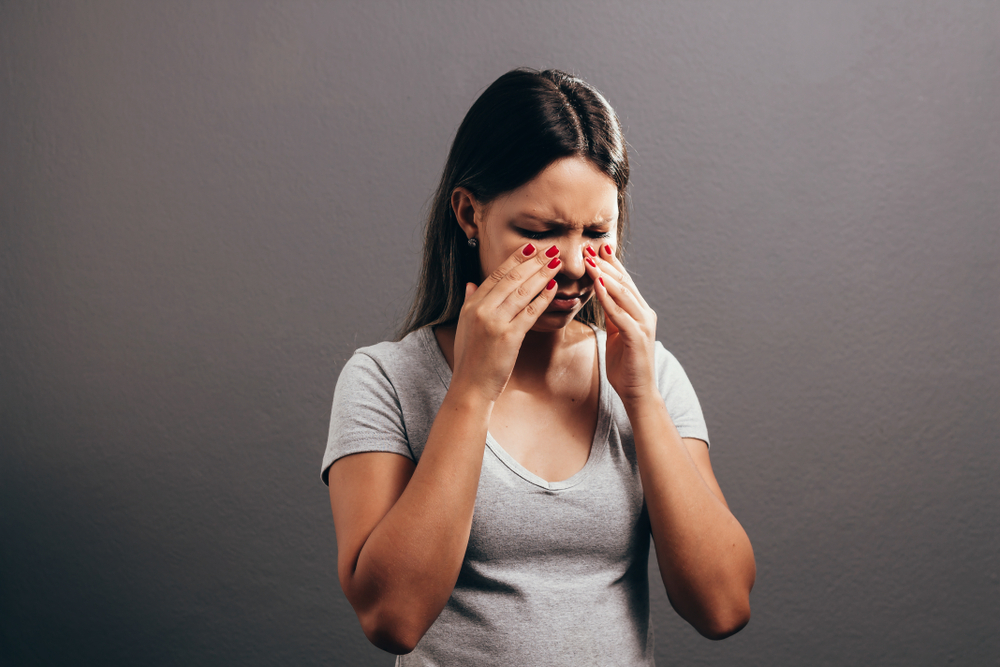
World Allergy Awareness: Navigating Fall Allergies
The Importance of Caring for Your Allergies
Allergies can significantly impact your quality of life. Whether you have hay fever, food allergies, or environmental allergies, they can lead to symptoms like sneezing, congestion, itchy eyes, and skin rashes. Untreated allergies can lead to chronic discomfort, affect your productivity, and even exacerbate conditions like asthma.
Taking care of your allergies is essential not only for your well-being but also for preventing potential complications. By seeking proper medical guidance and treatment, you can manage your symptoms and enjoy a healthier, happier life.

Why Do So Many Struggle With Fall Allergies?
• Ragweed Pollen: Ragweed is a common fall allergies. Its pollen is released into the air, causing sneezing, runny noses, and itchy eyes for many people.
• Mold Spores: The damp conditions of fall can promote mold growth, both indoors and outdoors, leading to allergic reactions in sensitive individuals.
• Indoor Allergens: As we spend more time indoors with windows closed, dust mites, pet dander, and indoor molds can trigger allergies.
• Temperature Fluctuations: The fluctuating temperatures of fall can confuse plants, causing them to release allergenic particles erratically.
• Back-to-School Season: Schools can harbor allergens such as dust mites and mold, making students more vulnerable to allergies.

Five Tips For Coping With Fall Allergies
1.Consult an Allergist: A board-certified allergist can help diagnose your allergies and create a customized treatment plan. They may recommend medications, allergen immunotherapy (allergy shots), or lifestyle changes.
2.Keep Indoor Air Clean: Use high-efficiency particulate air (HEPA) filters in your home’s heating and cooling system, and regularly clean carpets, curtains, and bedding.
3.Monitor Pollen Counts: Keep an eye on local pollen counts and try to stay indoors on days when allergen levels are high.
4.Practice Good Hygiene: Shower and change clothes after spending time outdoors to remove pollen from your skin and hair. This can help reduce indoor allergen exposure.
5.Medication Management: Over-the-counter antihistamines and decongestants can provide short-term relief, but consult your allergist for long-term medication options.

Schedule an Appointment at Gulf Coast Health Center in Southeast Texas!
If you’re struggling with fall allergies and live in Southeast Texas, don’t hesitate to schedule an appointment at one of our Gulf Coast Health Center locations. Our team of skilled healthcare professionals is dedicated to providing comprehensive allergy care and support to help you manage your allergies effectively.
By seeking expert guidance, you can enjoy a better quality of life, even during allergy season. Take control of your allergies, and embrace a healthier, symptom-free future with Gulf Coast Health Center. Contact us today to schedule your appointment and start your journey toward a life without allergy woes.


